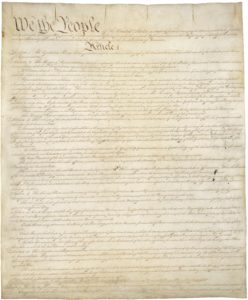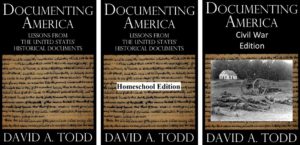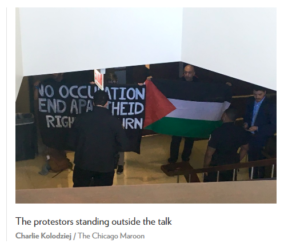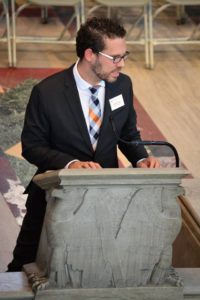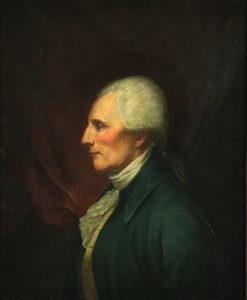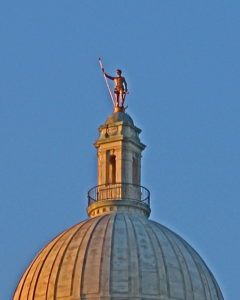
As I look out from The Dungeon windows at 06:47 a.m., the sun is hidden by the tall trees at the rear of our backyard. But enough sun gets through I can tell it will be a sunny day, at least to start. Storms are predicted for tomorrow, and might start in a small way sometime today.
Yesterday was a busy day. In addition to stock trading in the morning, I did a few writer things. I’m trying to create the print book cover for my friend’s book. I made a good start on it despite the fact that it’s been a year since I created a cover. Using G.I.M.P., a no-cost alternative to Photoshop, I managed to get the overall sizes of each part of the cover in place. I found some good notes I wrote on that. Alas, I’ve forgotten enough that I didn’t get it done in the time I had. Hopefully I will this morning.
I then at a quick lunch, hopped in the van, and went to do some engineering work, final inspection of one site and monthly inspections on three other sites. I completed the final inspection, with a little arguing with the contractor thrown in. Not bad arguing, just them obviously not appreciating the things I found. I got a little testy at one point when they gave new information about a structure I’ve been trying to get them to modify. Why they didn’t give me that info months ago is a mystery.
I went to the first monthly inspection, walked the site, saw only one or two things out of the ordinary. This has been a problem site, with me constantly finding things they are doing in violation of City codes. They’ve started to get much better. They had installed almost all the handicapped ramps incorrectly. I decided to let the first few go, but I found a new one wrongly constructed. They will have to change that. They also had one where they attempted to construct it correctly, but came up short. Fortunately the correction is inexpensive.
The engineering work to that point took me from 12:30 p.m. to about 3:30 p.m., with two more sites to go. I was beat and dehydrated, as I hadn’t taken water with me. I decided not to do the other two inspections, leaving them to the employee of my former company who joined me yesterday for training purposes. I came home, rested an hour, then wrote the reports for the two inspections.
Then I took it easy in the evening. We had plenty of leftover chili to use for taco salad, so had that for supper, and a slice of turtle pie for dessert. I spent much of the evening on the computer working on the reports as well as trying to find some photos in the company files to prove the point I tried to make on site.
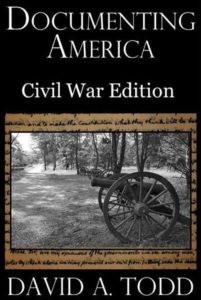
I wrote an e-mail to the CEI project manager, telling her my inability to do the two other inspections was “most likely a combination of too much sun, frustration with [the other] engineer and developer and contractor, age, and perhaps a creeping retirement-starting-to-care-a-little-less each month.” I haven’t heard back from her yet. I have trained the other man to do these inspections and had no doubt he could do the remaining two and write acceptable reports.
I spent no time in the sunroom, didn’t work on my own books at all, didn’t make much progress on my to-do list. My wife and I did a little reading aloud, and we took a very pleasant call from our oldest grandson and had evening devotions with him. Our reading carried us after normal bed time.
So, up this morning after sleeping through the night, ready to “awaken the dawn” that I see unfolding out the window. It’s fully light out, though the trees still obscure direct rays. On to other things for a couple of hours, then back to the book cover work.

